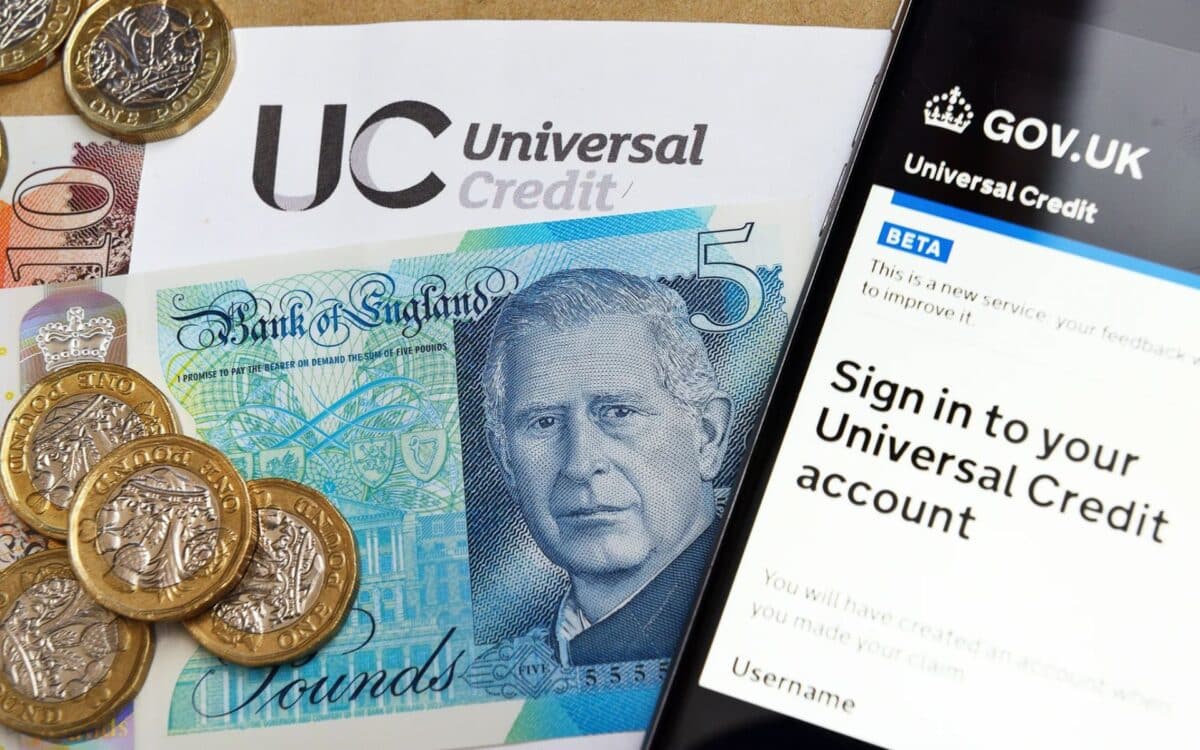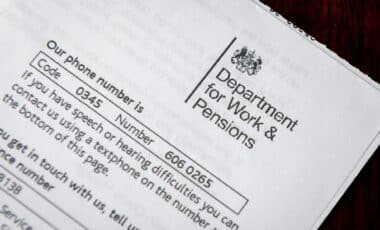The Department for Work and Pensions (DWP) is preparing to enhance monitoring of Universal Credit claimants who have savings ranging from £6,000 to £16,000. This will involve new checks on bank accounts and adjustments to benefit payments.
According to the Manchester Evening News, these steps are part of a broader initiative aimed at reducing fraud and error within the benefits system. The DWP’s approach focuses on ensuring that payments reflect claimants’ financial circumstances more accurately by applying reductions for those with higher savings.
Details about the full scope of these measures remain limited at this stage.
New Savings Threshold and Detailed Payment Reductions
Under the current eligibility rules for Universal Credit, claimants must not have savings or investments exceeding £16,000. However, those with savings between £6,000 and £16,000 will experience a gradual reduction in their benefit payments.
The reduction is precisely calculated at £4.35 for every £250 or part thereof above the £6,000 threshold. This means that even if the amount over £6,000 is less than £250, a proportional deduction is applied.
For example, if a claimant has £6,500 in savings, £6,000 is disregarded, and the remaining £500 results in a reduction of £8.70 per month (calculated as two increments of £4.35).
This figure is based on the DWP’s assumption that every £250 in savings can generate a monthly income of £4.35, which justifies reducing benefits accordingly.
Adjustments for Other Benefit Recipients
The reduction formula also applies to claimants receiving other benefits such as Job Seekers Allowance (JSA) and income-related Employment and Support Allowance (ESA).
For these individuals, the deduction is set at £1 per week for every £250 or part thereof over the £6,000 limit. This same rule extends to recipients of income support and housing benefits. These consistent thresholds across different benefits aim to create uniformity in how savings impact payments.
Enhanced Measures Against Benefit Fraud
This new approach forms part of what the government describes as the “biggest ever crackdown on fraud against the public purse.” The DWP plans to perform more frequent and thorough checks on claimants’ bank accounts to identify and prevent fraudulent claims.
Liz Kendall, Secretary of State for Work and Pensions, outlined the government’s position, stating:
We are turning off the tap to criminals who cheat the system and steal law-abiding taxpayers’ money.
She emphasised that the crackdown involves:
Greater consequences for fraudsters who cheat and evade the system, including as a last resort in the most serious cases removing their driving licence.
Kendall also highlighted that these powers will be supported by:
New and important safeguards including reporting mechanisms and independent oversight to ensure the powers are used proportionately and safely.
In addition to bank account checks, the government is considering other penalties for fraud, including the suspension of driving licences as a last-resort sanction against the most serious offenders.
Parliamentary Progress on the Fraud Crackdown Legislation
The measures are linked to the Fraud, Error and Debt Bill, currently making its way through Parliament. The bill, introduced by the Labour Party, seeks to formalize the DWP’s expanded powers to detect and respond to fraud.
The bill had its first reading in the House of Lords in May. During this stage, an amendment was proposed but ultimately rejected.
The legislation is anticipated to be enacted later this year, which will legally empower the DWP to carry out these enhanced checks and enforce the new rules on savings thresholds and benefit reductions.
Balancing Support and Prevention of Abuse
These reforms illustrate the government’s intent to strike a balance between providing support for individuals genuinely in need and protecting public funds from misuse.
By adjusting benefit payments based on claimants’ savings and increasing scrutiny through bank account monitoring, the DWP aims to reduce fraudulent claims without compromising oversight integrity.
The inclusion of safeguards and independent oversight aims to ensure that the new powers will be exercised responsibly, reducing the risk of unfair treatment while strengthening the public’s confidence in the benefit system.
With these legislative and administrative changes, the government moves towards tighter control of public resources, emphasizing both accountability and fairness within the welfare system.









